Author: Dave Banack
-
Fiction and History
I’ll give you a couple of book discussions after one short paragraph on fiction and history. Both fiction and history are a form of narrative. Historical narrative is (ideally) constrained by facts and historical evidence; both fiction and history are constrained in a looser sense by the sensibilities of their reading audience, as few people…
-
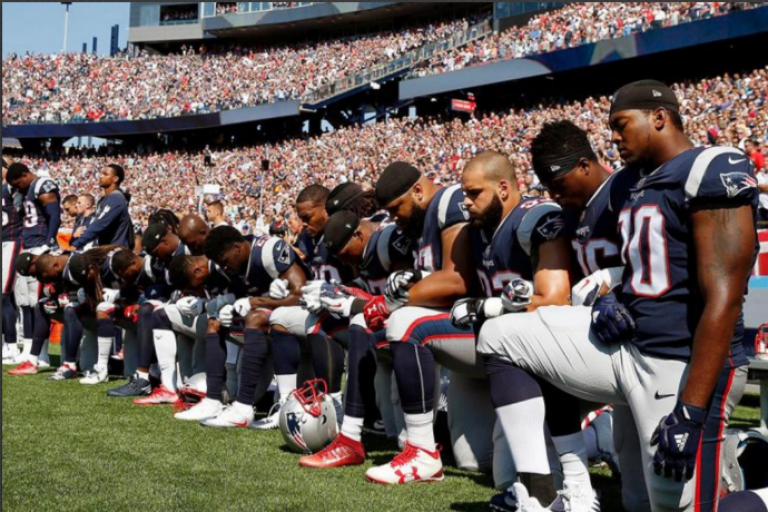
What the LDS Can Learn From the NFL
It has been a tough year for the NFL. Football is a sport; the NFL is a brand. After years of growing viewership, energetic fan support, spiking television revenue, and multiplying sponsorships, a series of largely self-inflicted mishaps has tarnished the NFL brand. There is the national anthem protest controversy, initiated by Colin Kaepernick and…
-
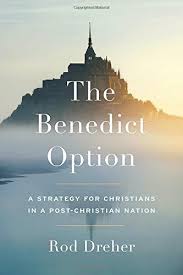
The Brigham Option: Living in a Post-Christian Nation
I have heard a lot about Rod Dreher’s The Benedict Option: A Strategy for Christians in a Post-Christian Nation (2017), so I finally got a copy and read it. Short summary: Christian writer figures out Protestants no longer enjoy the benefits of informal religious establishment in the USA and goes into panic mode. Maybe that’s…
-
Review of Perspectives on Mormon Theology: Apologetics
After a few warm-up posts last month (here, here, and here), it’s time to get serious about apologetics. Greg Kofford Books just published Perspectives on Mormon Theology: Apologetics, edited by Blair G. Van Dyke and Loyd Isao Ericson. The book is a collection of essays by a variety of LDS scholars giving their informed view…
-
The Cult of Happiness
I attended a local Tedx evening earlier this week. One talk critiqued the “cult of happiness” that is fostered by social media posts. Everyone posts the great or good things about their life, complete with carefully cropped photos (the trip to Italy, the great new job, lost 10 pounds) but almost everyone conveniently edits out…
-
Practical Apologetics: What’s Wrong With You?
How do you talk to an Ex-Mormon? Or a less-active Mormon who you bump into at church or a ward activity or the grocery store? Here are some examples of what *not* to say: What’s wrong with you? Why don’t your religious beliefs agree with mine anymore? What serious sin have you committed that explains…
-
Practical Apologetics: The Doubting Elder
Time for another installment in this occasional series. As reported in the Deseret News, Elder Christofferson delivered a presentation to new mission presidents at the Provo MTC in June. He first discussed the use of the Book of Mormon as a proselyting tool: “[H]ow will your missionaries get people to read the Book of Mormon,…
-
Church Endorses Apologetics, Sort Of
Here is a clear positive step for the Church: posting an online resources page with almost 30 links to pages or sites with information on LDS doctrine and history. Each link gets zero, one, or two asterisks, depending on if it is within the LDS.org domain (zero), if it is a Church-related site like byu.edu…
-
What’s Worse, Bad Apologetics or No Apologetics?
The golden era of Mormon apologetics ran from Nibley to FAIR and Old FARMS. With so many distinctive doctrines as well as a high public profile, Mormonism attracts a lot of criticism, so the urge to publicly defend Mormon beliefs is understandable, and there is now plenty of Mormon apologetics out there. What is badly…
-
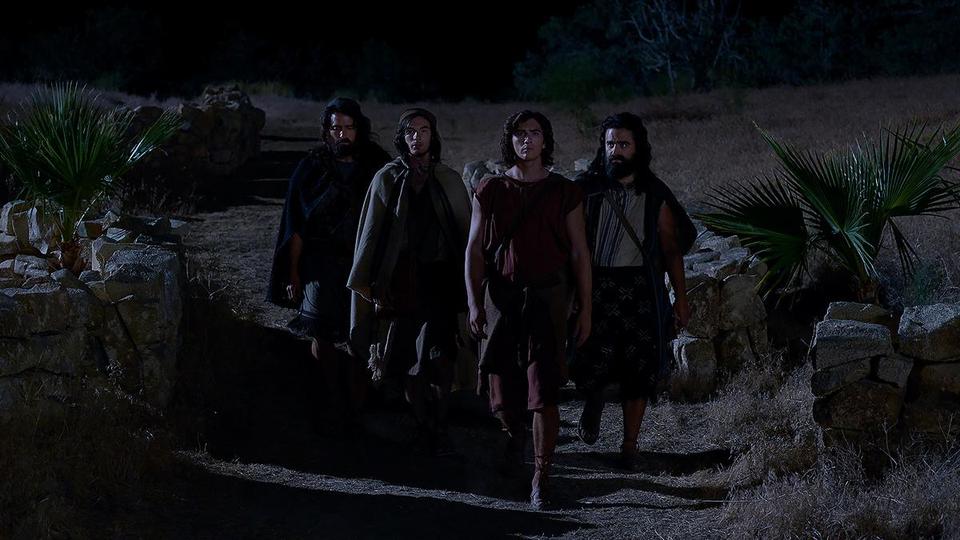
Coming Soon to a Screen Near You: The Book of Mormon
Not the big screen, just lots of small screens. From the LDS Newsroom: Filming Begins on New Book of Mormon Videos. It will not be a beginning-to-end depiction; the project will select certain episodes and events, producing “up to 180 video segments three to five minutes in length, as well as up to 60 more…
-
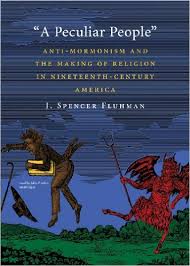
Review: A Peculiar People, or How Protestants Viewed Mormons in the Nineteenth Century
So I finally got around to reading J. Spencer Fluhman’s book “A Peculiar People”: Anti-Mormonism and the Making of Religion in Nineteenth-Century America. I was expecting another account of “beat up the Mormons” episodes in the 19th century. Instead, it was an entertaining and informative review of how informally established Protestantism worked in the 19th…
-

6 Questions for Tom Kimball on the Kirtland Temple
The Sunday School curriculum is currently covering the Kirtland period of LDS history, including a full lesson on the Kirtland Temple. While we often treat that temple as part of 19th-century history, it is still around, it is still used for religious services, and it is available for public tours for visitors of any religious…
-
New “Official” Church History Volumes Forthcoming
Ten years ago, I posted one of my very first pieces at T&S, “Missing Essentials,” noting the decline of familiarity with LDS history by the average member of the Church and suggesting this was due, in part, to the lack of a replacement volume for Essentials in Church History. In the intervening ten years, the…
-
A Food Storage Wimp Ponders the End of the World
It’s good to ponder the end of the world from time to time. Now I’m not really a food storage guy. That has never troubled me much. Until lately. My new approach: Every time North Korea fires a missile, I buy another flat of drinking water and put it in the garage, along with one…
-
Soccer and Sunday
General Conference seems to come and go so quickly now. This must have something to do with the ease of streaming it live into every home — 10 hours of Conference in one weekend is more than enough for most of us. Once upon a time getting the Conference Ensign was a treat. Not so…
-
Let’s Talk About Sorcery
Borrowing the title from my good friends at BCC, let’s talk about sorcery, another interesting topic that is discussed in the April 2017 Ensign article “The War Goes On.” The central claim of the article is that gay marriage is Satan’s counterfeit version of “marriage between a man and a woman” that is “ordained of…
-
Children at the Pulpit?
Yesterday was testimony meeting (for some of you, fast and testimony meeting). By good fortune, I have never had much anxiety about the “ward crazies” who say such interesting things on open mic Sunday — by good fortune, the wards I have attended have not had this challenge. But I do see the standard mix…
-
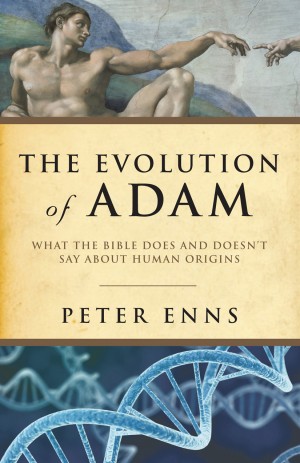
The Evolution of Adam
That’s a book by Christian scholar Peter Enns: The Evolution of Adam: What the Bible Does and Doesn’t Say About Human Origins (BrazosPress, 2012). The arguments in the book are directed at Evangelicals, but Mormons can quite profitably read along as well. Given that the LDS Church has “no official position on the theory of…
-
Mormonism in the (Post)Modern World
The Wheatley Institution hosted a conference at BYU last month, “Reason for Hope: Responding to a Secular World.” Video of the presentations may be posted at the Wheatley website at some point, but for now we have the Deseret News article summarizing the event, headlined as “Mormons with doubts shouldn’t give up the faith without…
-
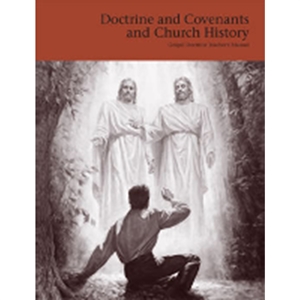
Sunday School 2.0 (sort of)
Love it or hate it, it’s still around: Gospel Doctrine in LDS Sunday School. The SL Trib has a long story detailing the upgrades to the curriculum for the upcoming year, “New scholarship coming to Mormon lessons, but will instructors really teach it?” Apparently the plan for revising the manual is to change absolutely nothing…
-
This Is Your Brain on Prayer
My Facebook feed lit up today with links to media reports of an article just published in the online journal Social Neuroscience, “Reward, salience, and attentional networks are activated by religions experience in devout Mormons.” You can guess why I’m linking to the actual article rather than the media reports. Fake news, real news, it…
-
The Misguided Quest for a Common Moral Framework
The Mormon Newsroom just posted a new think-y piece titled “The Quest for a Common Moral Framework.” A few years back the Newsroom posted a number of these reflective essays, such as “Approaching Mormon Doctrine“, but not so much recently. So this one is worth taking a look at. It seems like a spinoff from…
-
Dealing With the Election Defeat
Like many of you, I am deeply disappointed with news of the crushing election defeat: the San Diego stadium measure failed badly. This is almost tragic. It’s kind of like Football Brexit, a sudden tear in the social fabric. Who can imagine San Diego without the Chargers? The fabled franchise history that includes Dan Fouts,…
-
The Policy: Year One
Happy birthday, Policy, you are one year old today. In January I posted “Policy or Revelation?” which outlined the public timeline of the messy initial release of the Policy, along with links to relevant documents. Time for an update on the Policy. Maybe I’ll do one every year until it dies.
-
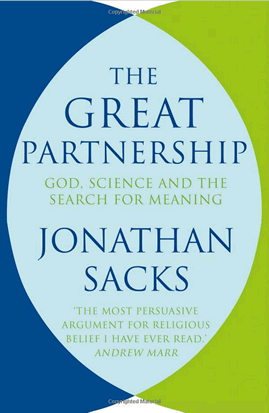
Five Possible Wrong Turns
I’ve read several books and essays in the science versus religion genre, some by secular scientists or philosophers (such as Stephen Jay Gould’s Nonoverlapping Magisteria essay) and some by Christian scientists (such as Karl Giberson’s Saving Darwin: How to Be a Christian and Believe in Evolution). I recently found a refreshing new perspective within the…
-
Conditional Love Is Back
The recently announced LDS doctrine of conditional divine love comes from President Nelson’s 2003 Ensign article “Divine Love,” in which he stated: “While divine love can be called perfect, infinite, enduring, and universal, it cannot correctly be characterized as unconditional.” No additional commentary was added until the October 2016 General Conference, when two apostles, citing…
-
Maxwell Institute 2017 Summer Seminar Announced
The Maxwell Institute just posted a call for applicants for its next summer seminar. The topic is Mormonism Confronts the World: How the LDS Church has Responded to Developments in Science, Culture, and Religion. The seminar runs June 26 through August 3, 2017. Plenty of time to find a topic and clear out six weeks…
-
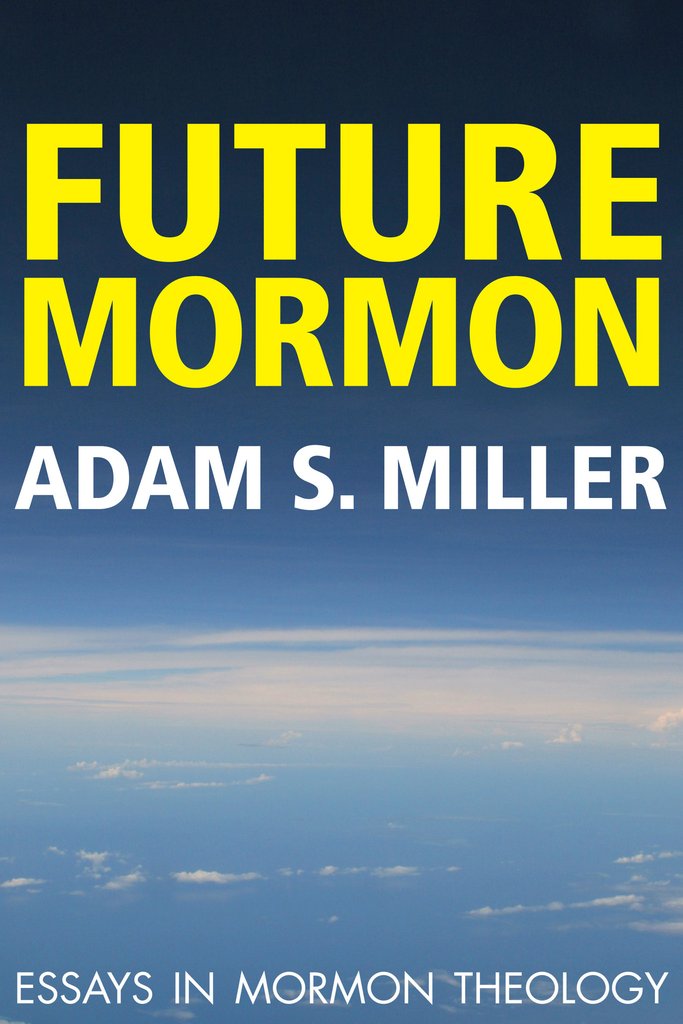
Future Mormons?
This is a review of and a response to Adam Miller’s recent book, Future Mormon: Essays in Mormon Theology (Greg Kofford Books, 2016). This book and others like it are part of the solution to one of the biggest problems facing 21st-century Mormonism: it’s shallow. It’s boring. It’s too programmed. There’s no meat in the…
-
Classroom Discussion: Productive or Not?
The LDS Sunday School General President posted this short article at LDS.org (in the Church News section). Here is his observation about LDS classroom discussion: [W]e hear of many inspired classroom discussions. Occasionally, however, we hear of discussions that are open and lively, but at the conclusion there has been little, if any, doctrinal focus…
-
Accidental Institutional Skills, Like Genealogy
Strange thing: Simply by working to accomplish their primary mission, large institutions develop skills and capacities somewhat or even entirely unrelated to that primary mission. So, for example, the US Army is very good at education, because it has to teach thousands of average (or less) students how to do complicated tasks like repairing a…
